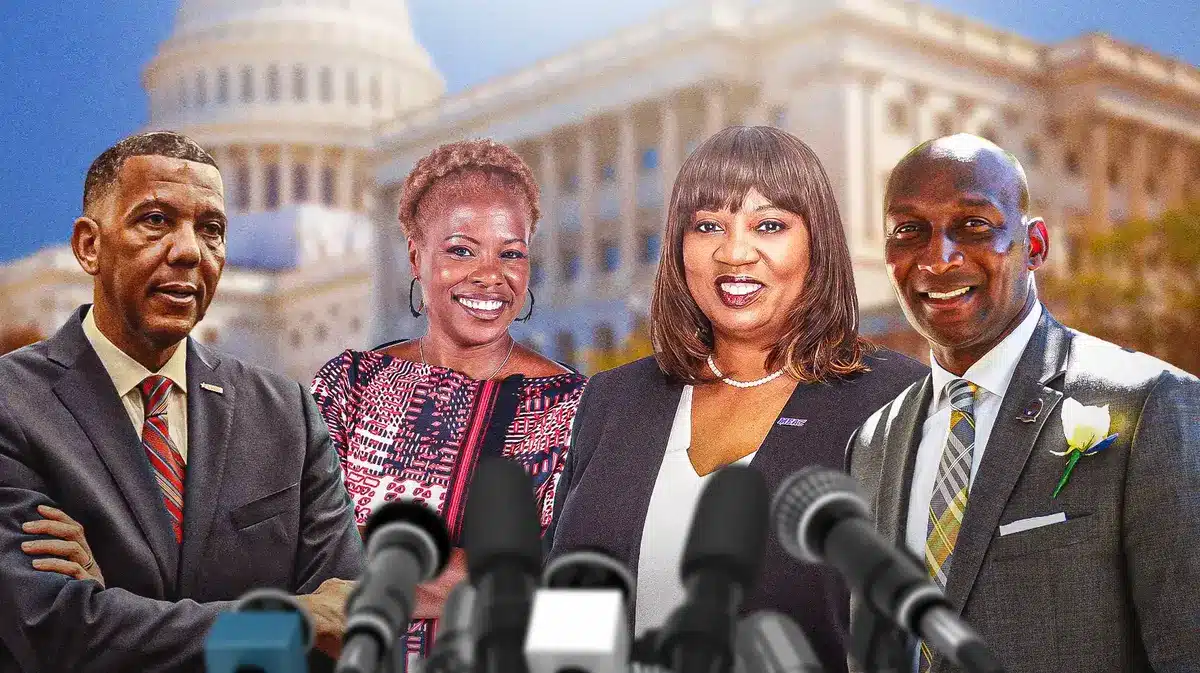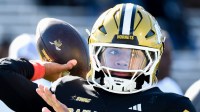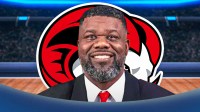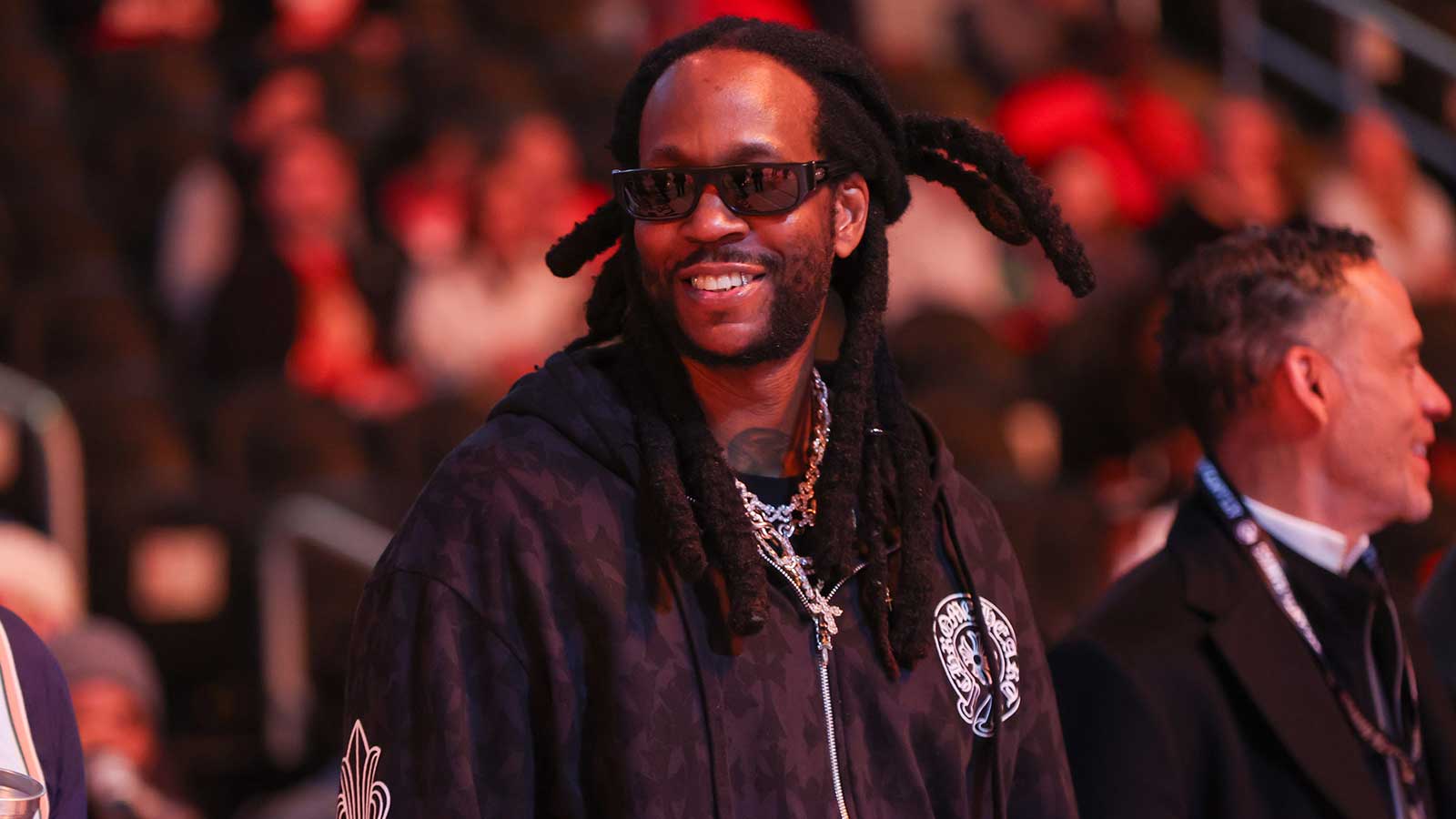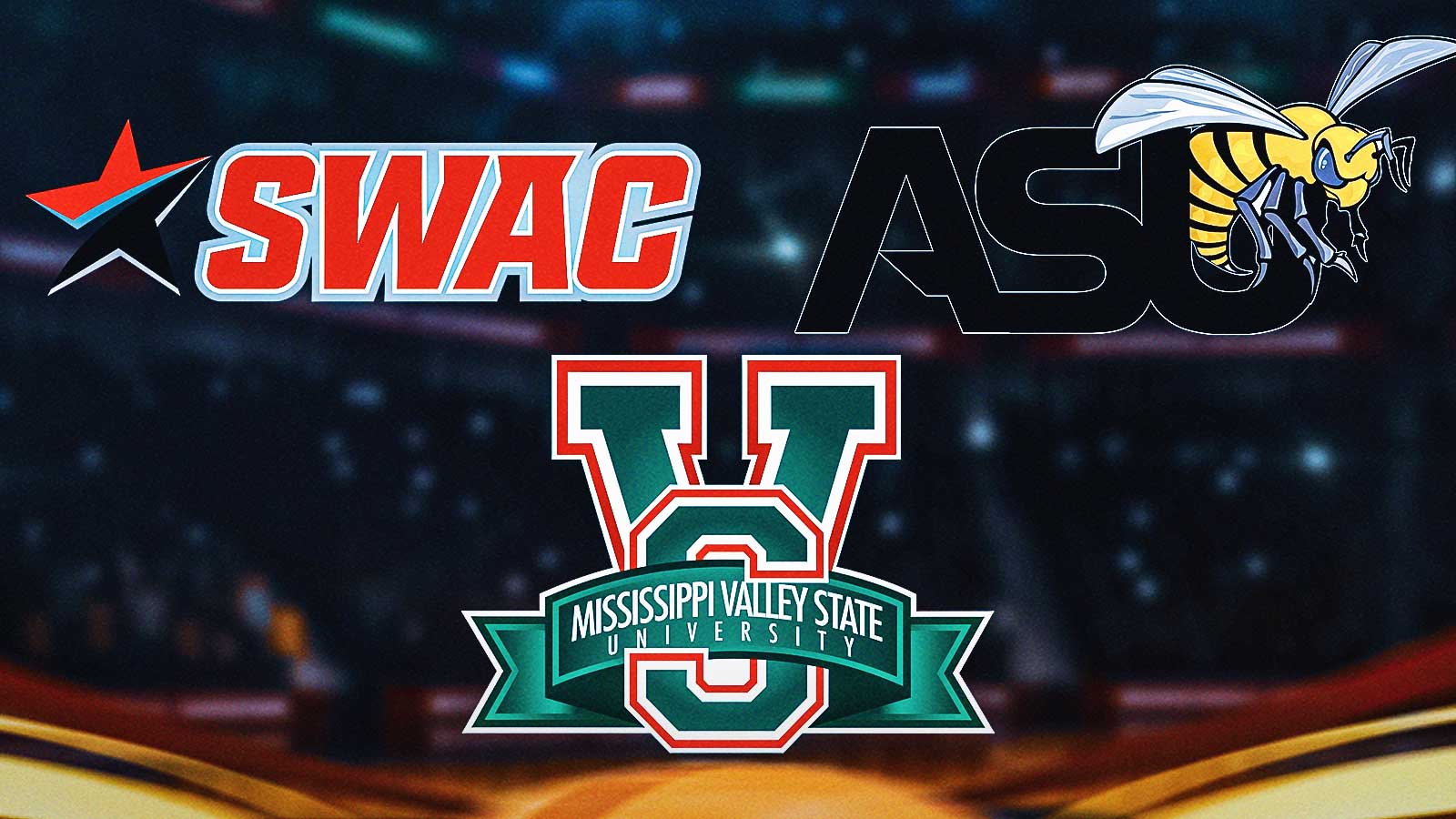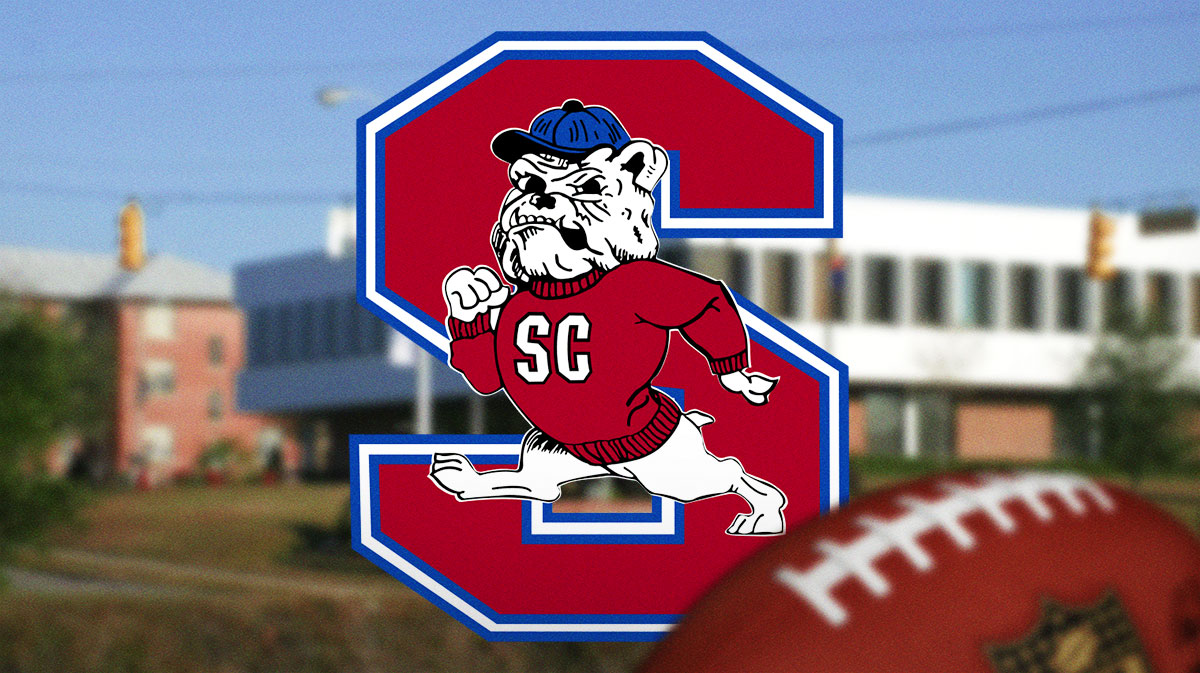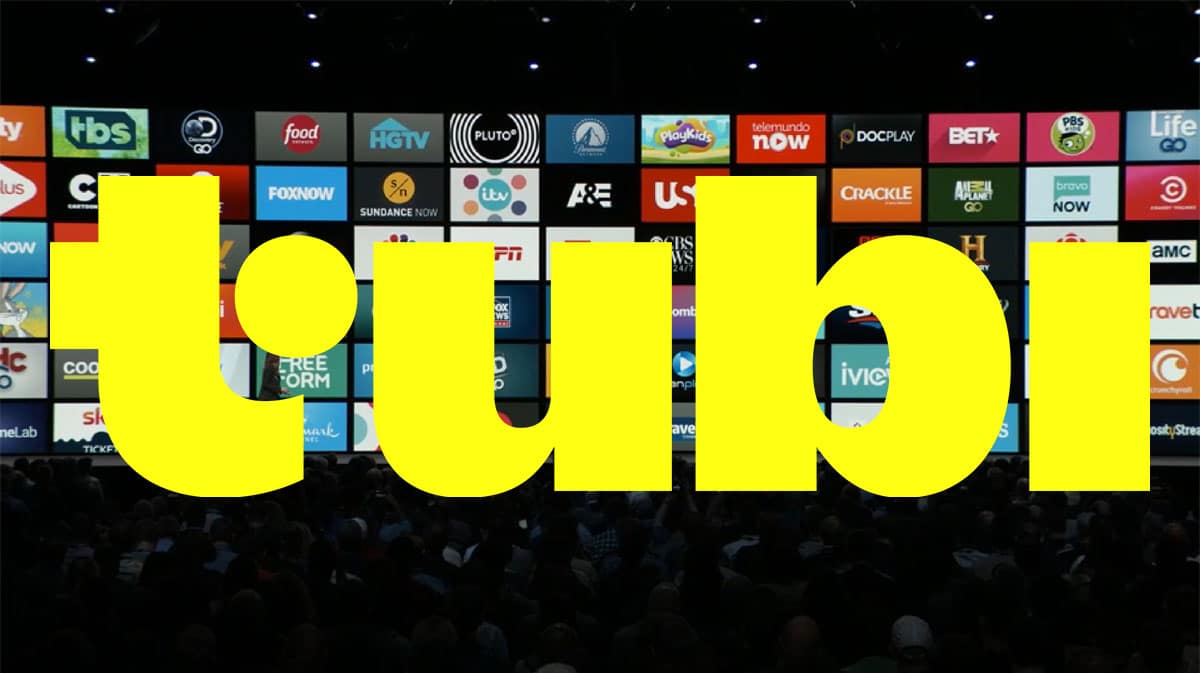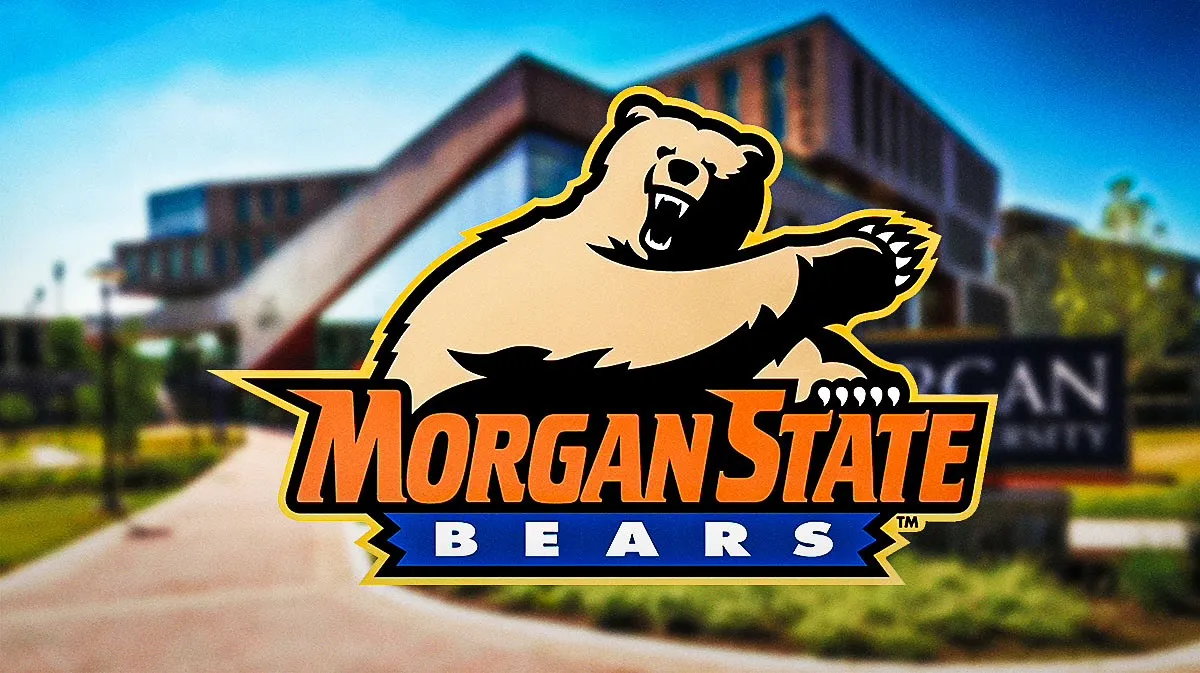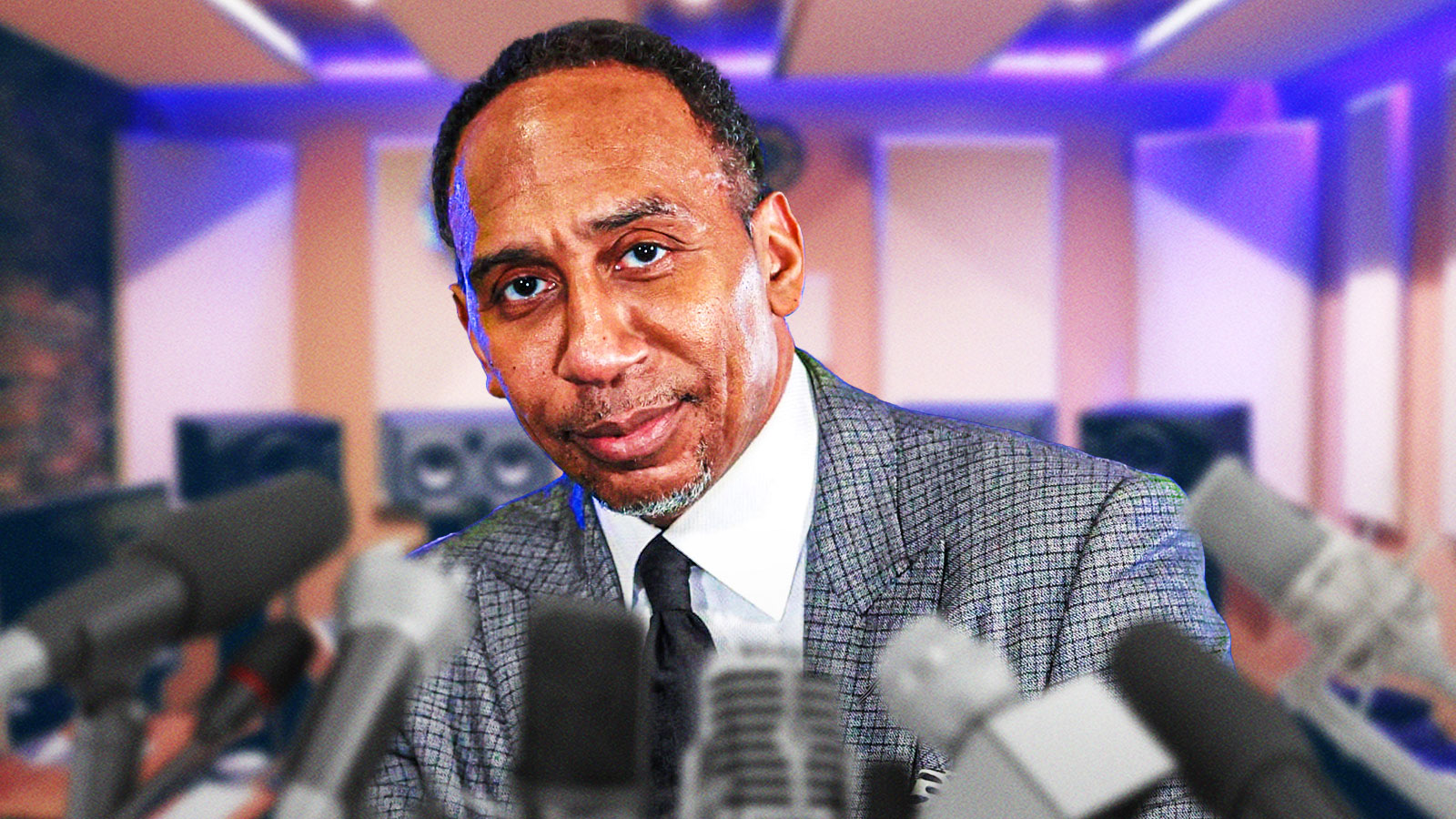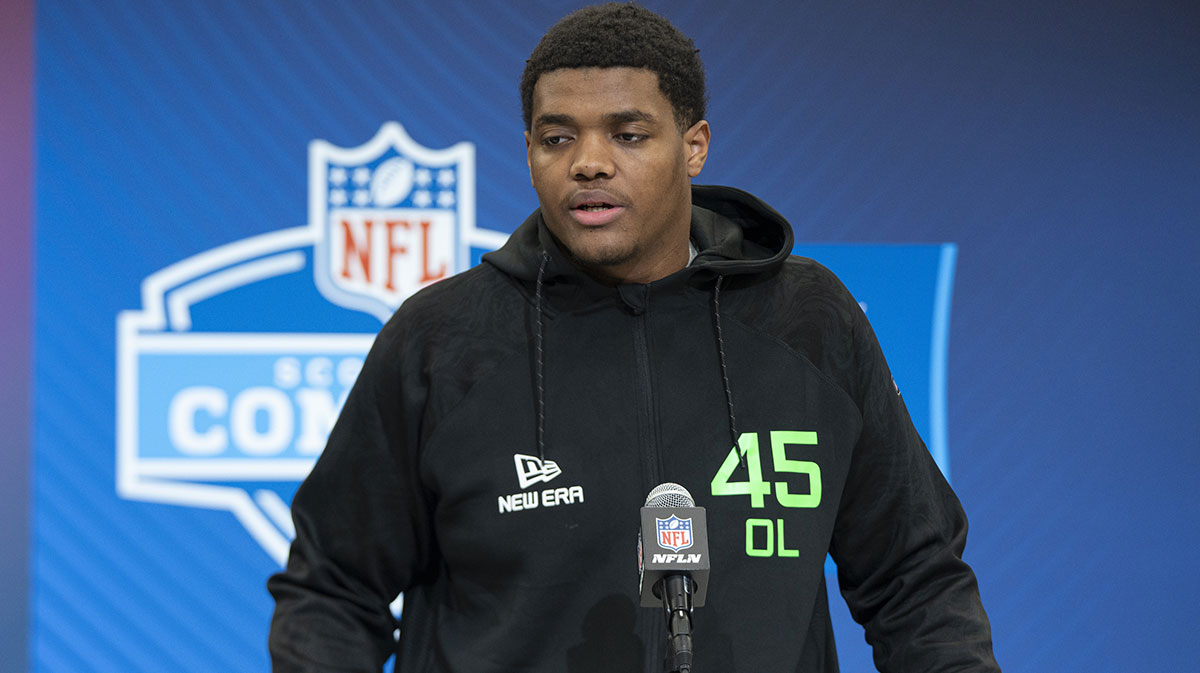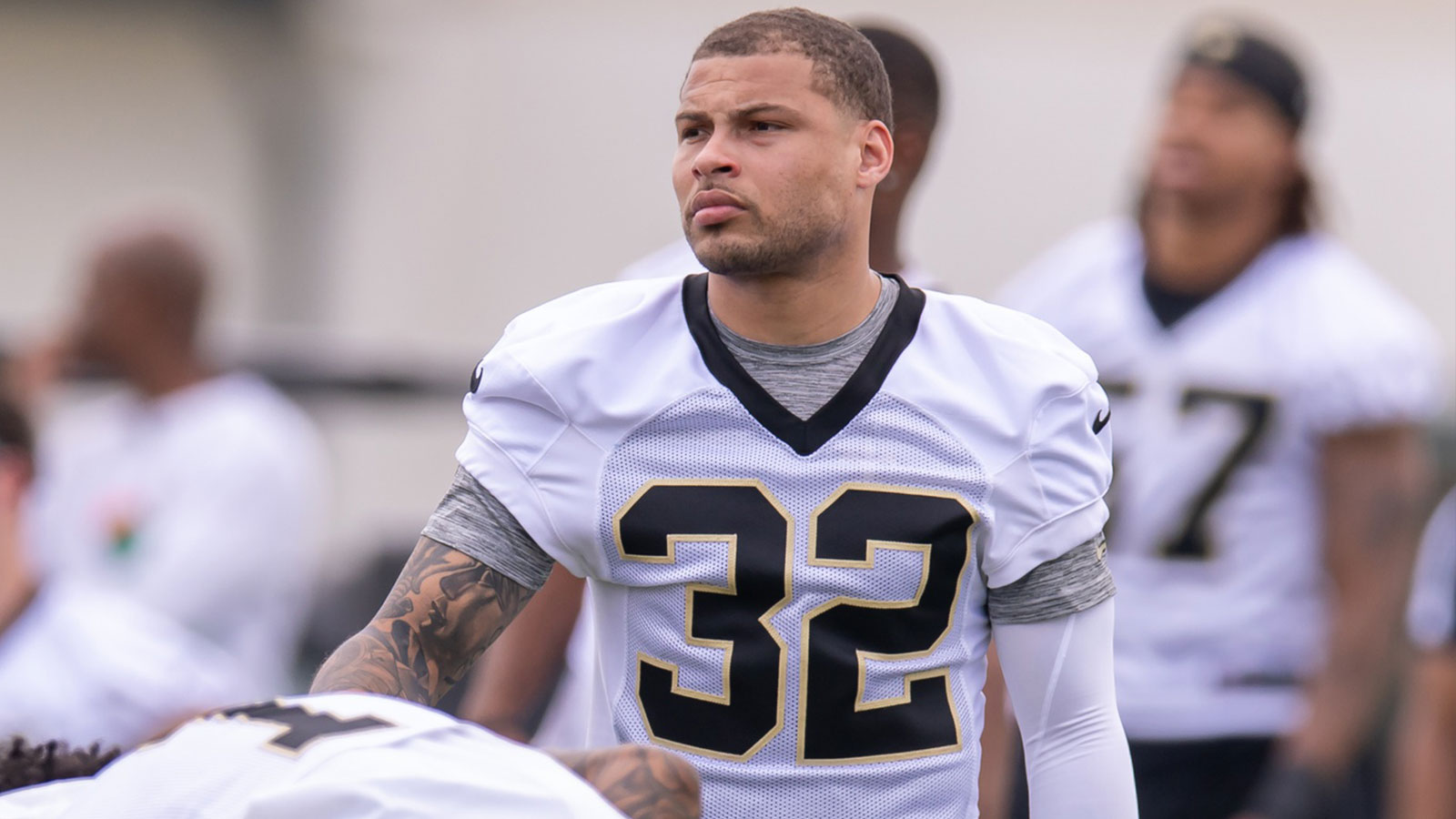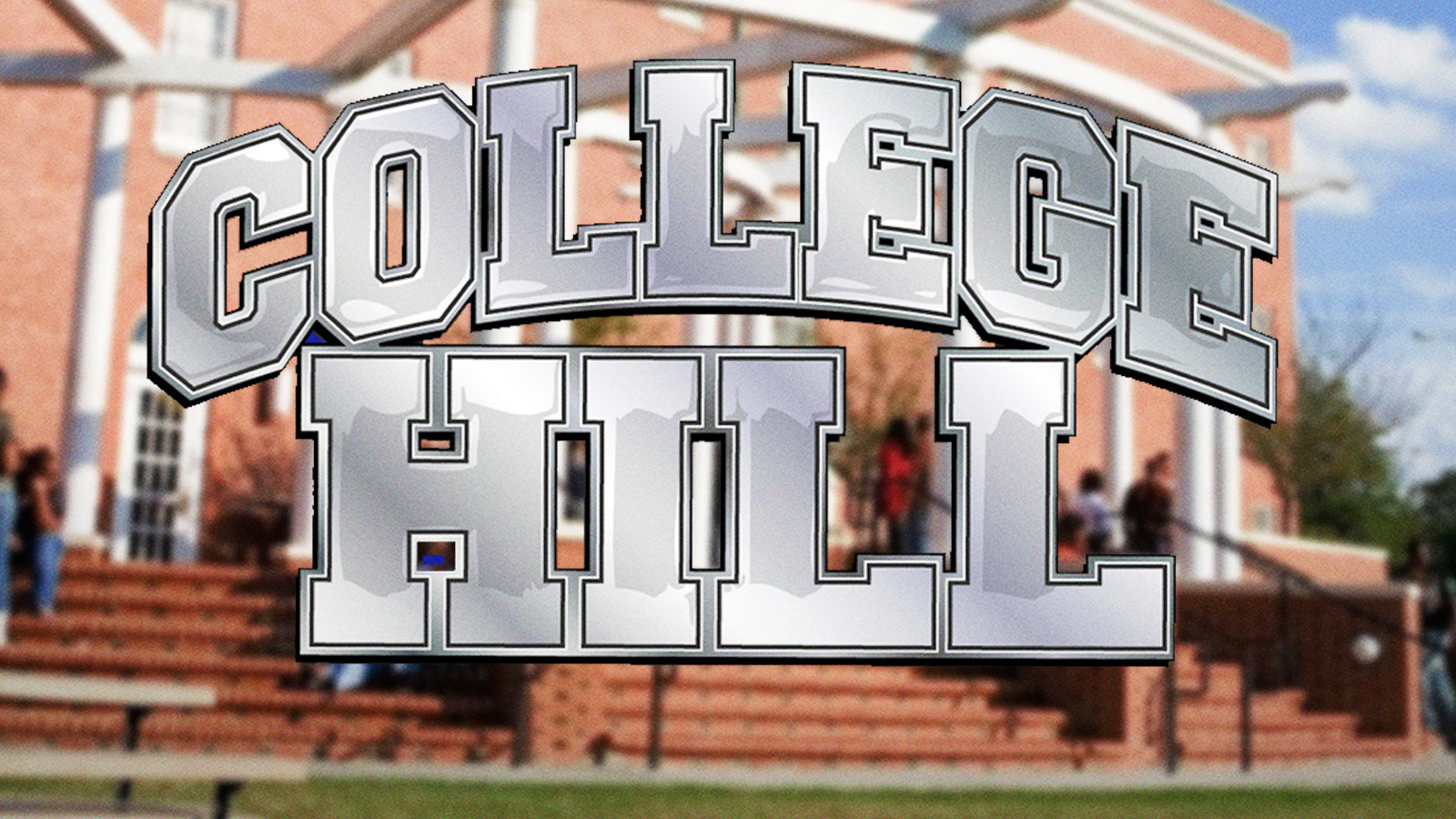Ahead of the football season, four of the HBCU conferences (the SWAC, MEAC, CIAA, and SIAC) have announced a strategic partnership. According to a joint statement from all four conferences, they have agreed to collaborate more closely to enhance the value of HBCU conferences and strengthen the HBCU brand. While recognizing differences in division, size, and structure, the Commissioners emphasized their shared foundation and mission: to support and uplift students and athletes at HBCUs.
In an exclusive interview with HBCU Legends, MEAC Commissioner Sonja Stills spoke about the partnership.
“It is very important,” she said. “It's a way to solidify or formalize our group. We've been working together since Commissioner Holloman came aboard. We meet monthly. It's great for everyone, including Corporate America, to know that when you're talking about getting with our group of institutions, that you're coming to us [as a whole entity.]”
The four commissioners of these conferences already have experience working with each other. Most recently in February, they wrote a letter to Congress addressing the future of HBCU athletics amid significant changes in the sports landscape, per reporting by HBCU Gameday.
The letter highlighted critical issues such as conference realignment, the growing NIL space, revenue-sharing debates, and the potential classification of college athletes as university employees. They urged the Congressional Black Caucus to include HBCUs in these conversations and take their perspectives into account.
The letter came after the four HBCU commissioners visited Capitol Hill in 2023 and also penned an op-ed in The Hill that spoke against the classification of college athletes as employees.
“At this very moment, courts and regulatory agencies are weighing decisions that could potentially reclassify student-athletes as employees of their universities, regardless of the economics associated with the sport they play or the university at which they play it,” the 2023 op-ed stated. “If those types of legal rulings were to advance, the vast majority of college athletic departments will face steep reductions in the number of athletic programs they can afford to operate. No one would feel these impacts more drastically than HBCUs. For us, it would be untenable.”

